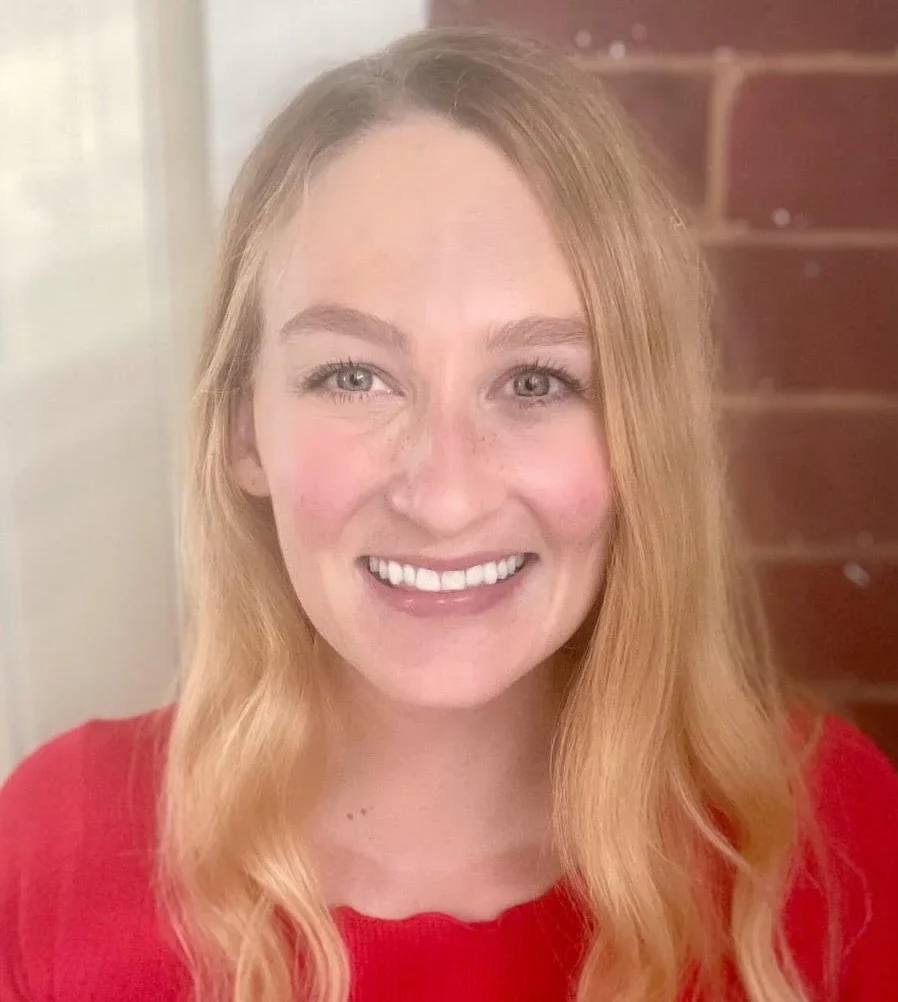Estate planning isn't reserved for those with deep pockets. Even people with modest assets can benefit from end-of-life planning, which encompasses much more than just writing a last will and testament. Looking ahead and making decisions about your final days now can help ensure your loved ones honor your final wishes.

Although it's not a bucket list in the traditional sense, our list of 11 things to do before you die can help you and your loved ones prepare for when you're gone. Accomplishing these tasks will not only provide you with peace of mind but also make it less stressful for your family members if your affairs are in order.
1. Gather important documents and contact information
When it comes to end-of-life planning, start by organizing and gathering your important legal documents.
The following are some examples of the documents you should track down:
- Property deeds
- Vehicle titles
- Birth certificate
- Marriage certificate or divorce decree
- Bank account information
- Stocks and brokerage account information
- Tax returns
You'll also want to gather the contact information for your attorney, insurance broker, and doctor.
Gather all this information in a safe place now to make it easier for your loved ones later. As a bonus, getting all these end-of-life documents together should also make compiling your estate plan easier, as you will have a lot of the necessary information at your fingertips.
2. Consider a living trust
When making decisions about your future, you may decide to write a living trust.
A living trust can be a great way for you to make sure your wishes are followed after your death, as well as possibly allowing for a faster distribution of your assets to beneficiaries, avoiding probate court, and keeping your financial affairs private.
With a living trust, you (as the grantor) retain control over any property placed within the trust throughout your lifetime. Unlike a will, which only goes into effect when you die, a living trust is active while you're still alive. Only upon your death will your pre-chosen successor trustee gain control of the trust and then distribute your assets according to your instructions—all bypassing probate, which can save both time and money.
If you need help creating a living trust, LegalZoom can help. We offer living trust plans to help secure your estate.

3. Execute a last will and testament
Next, you should sign a last will and testament.
A will is one of the most important estate planning documents you can have, as it details where you would like your property to go after your death.
Unless you make a will or trust, you are leaving things up to your state's intestacy laws, which apply when someone dies without a will or trust—and you should not assume that the state will make the same choices you would.
When you create a will, you (the testator) name an estate executor: a person you trust to handle the distribution of your estate after you die. This person will oversee your final affairs and settle your estate according to your wishes. Aside from determining your beneficiaries, you can also include other arrangements in your will, like naming a legal guardian for any minor children and leaving instructions for the care of your pets.
Creating a will can help give you peace of mind, knowing that your wishes are being carried out, and prevent your family from having to make tough decisions on your behalf.
Not sure where to start? LegalZoom offers services to help you write your last will and testament.
Our step-by-step online tool helps you make key decisions with confidence, at your pace.

4. Complete a living will or advance directive
Creating a living will or advance directive is the next thing you should consider.
A living will or advance directive is a legal document in which you list your healthcare preferences should you become incapacitated or otherwise unable to express your preferences yourself. These legal documents outline your preferred medical care decisions.
The following are some examples of the issues you can address in your advance directive:
- Breathing tubes, feeding tubes, and other life-supporting medical treatments
- Surgery, chemotherapy, and other invasive treatment measures
- Pain management
- Nursing home or hospice preferences
- Organ and tissue donation
- Religious preferences
- Cremation or burial arrangements
While you might feel uncomfortable making these decisions now, it's important to do so sooner rather than later because you could get a terminal illness or injure yourself at any time. By creating a living will, you get a say in these future decisions regarding your healthcare.
When you're ready, LegalZoom can help you write your advance healthcare directive. Once you've completed it, we recommend sharing it with your healthcare providers so they can keep a copy of it with your medical records.
A healthcare power of attorney and a living will work hand-in-hand to help ensure that your wishes regarding medical treatment are followed so you receive the kind of end-of-life care that you want.
A Health Insurance Portability and Accountability Act (HIPAA) authorization may also be necessary to allow others to speak with doctors and nurses about your condition.
5. Put in place a financial power of attorney
Designating a power of attorney is another important consideration.
A durable power of attorney allows you to name someone to be in charge of making financial decisions for you if you become incapacitated. For instance, they can pay your bills and manage your investments.
LegalZoom offers two affordable power of attorney plans that can help you arrange for your future.
6. Update your beneficiaries
Over the course of your life, your preferred beneficiaries may change. For example, maybe you have three new grandchildren who weren't yet born when you created your estate plan, or perhaps your brother—your main beneficiary—died since the last time you updated your documents. Whether you've dedicated yourself to new causes or had fallouts with family members along the way, you'll want to ensure your end-of-life documents accurately describe how you want to bequeath your assets.
If you have life insurance, retirement accounts, pensions, or pay-on-death (POD) or transfer-on-death accounts, make sure your beneficiaries are up to date, as these accounts transfer according to their beneficiary designations; your last will does not control them. Of course, it's also essential to maintain an up-to-date will and living trust with your preferred beneficiaries.
Any time your family situation changes is a good time to review your beneficiaries.

7. Secure your digital assets
Something that not many of us may not consider is what happens to our online presence after we die.
Along with online bank, investment, and shopping accounts, most people also have social media accounts that need handling upon the death of the owner.
Facebook, for instance, has a special section in which you can select someone to take over your account upon your death. The social media platform also lets you memorialize your page. You should also think about what you want to happen with websites, blogs, and any other online activities in which you participate.
We recommend creating a digital plan for your online accounts and appointing a digital executor to manage your virtual identity. This should be someone you trust with your passwords and is willing to deactivate, cancel, or carry on your web presence according to your wishes.
8. Plan final arrangements
Do you have special burial arrangements you'd like your loved ones to follow? Or do you have instructions for your memorial service? Begin planning your final arrangements to ensure your family and friends understand your preferences.
Final arrangements can include your preferences on the following:
- Cremation or burial
- Type of funeral and place of rest
- Location of the funeral home or the memorial service
- Organ donation
- How the funeral is paid for (pay-on-death bank accounts are often the best way to handle funeral expenses)
You can include your plan for final arrangements in your estate plan.
9. Make copies and store your documents
Once you have gathered all your estate planning documents, make copies and store the original and any copies in a safe place, such as a locked filing cabinet, a fireproof safe in your home, or a safe deposit box.
Make sure at least one other person will be able to access these documents after your death. This may include your spouse, power of attorney, or executor. Provide them with clear instructions on where the documents live and include passcodes or copies of the keys so they can easily access them.
Our platform helps you create or update your plan—step-by-step, with attorney support when you need it.

10. Talk with your loved ones
Just getting everything down on paper is a great step forward in estate planning, but talking with your loved ones in person about your wishes is priceless. The clearer they are on what you want, the more likely it is that your wishes will be followed—and the fewer problems they will have, as they won't have to guess your intentions.
This talk doesn't have to be all grim and dire, however. You can also take this opportunity to speak with your family and friends about your life experiences and memories, and even pass along cherished photographs and stories.
11. Keep everything current
Once you put together your estate plan, don't just put it in that safe place and forget about it. You should revisit the documents to make sure they still reflect your intentions.
The following are just a few examples of things that might require you to update your estate plan:
- You changed your marital status
- You welcomed new children into your life
- Your relationships with your beneficiaries have changed
- Your financial situation has changed
- You've sold or acquired new property
- You moved out of state or out of the country
Even if you're young and healthy, it's never too soon to explore your end-of-life care and final arrangements. When you're ready to take this next step, turn to LegalZoom.
We understand that sorting out your estate can seem like navigating a foreign language, and we're here to translate it all for you. We offer a variety of estate planning services that can help you organize your affairs. Choose one of our comprehensive estate plans, which includes a last will or living trust, durable power of attorney, healthcare directive, and HIPAA authorization. You can also access our network of professional attorneys for a personalized experience.

FAQs
How do I ensure my wishes are followed?
The best way to ensure your wishes are followed is to provide your loved ones with written instructions and have open and honest discussions about your end-of-life wishes. We recommend drafting your requests in legal documents, such as a will, living trust, advance healthcare directive, and power of attorney, and sharing them with those who will oversee your estate.
How do I talk to my family about end-of-life planning?
It's not always easy discussing the topic of death with your loved ones, but it's important to do so. Choose a calm, quiet time and place where you can all sit down and have an open conversation in a judgment-free environment. Cover topics like medical preferences, funeral arrangements, and the distribution of assets to ensure your family members understand your final wishes. This is also a good time to provide them with instructions on how and where to access your documents.
What happens if I don't have a will or end-of-life documents?
If you die without a will or end-of-life documents, this is known as intestate succession. In this case, the state will determine how your assets are distributed. Usually, your assets will go to your blood relatives. If you have a spouse and children, the state will divide your assets amongst them, but if you're not leaving behind a spouse or children, your assets will get passed on to your grandchildren, parents, or siblings. If you have no surviving relatives, your estate will likely go to the state.
Can I create estate planning documents without a lawyer?
Yes, you can write legally valid estate planning documents without a lawyer. You can follow templates or turn to LegalZoom for guidance. That said, if you have a complicated estate or financial situation, we recommend consulting with an attorney for professional advice.
Michelle Kaminsky, Esq. contributed to this article.



